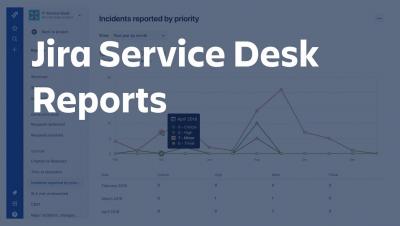Mattermost Raises $20 Million Series A Funding to Bring High-Trust Messaging to Security-Conscious Enterprises
PALO ALTO, CA, Feb. 5, 2019 (GlobeNewsWire) — Mattermost, the fastest growing messaging platform for engineering teams at large organizations, today announced that it has closed a $20 million series A funding round led by Redpoint Ventures with participation by S28 Capital and Y Combinator. In just a few years, Mattermost has exploded in popularity as an open source messaging platform, with over 10,000 server downloads every month and a vibrant community of contributors.











